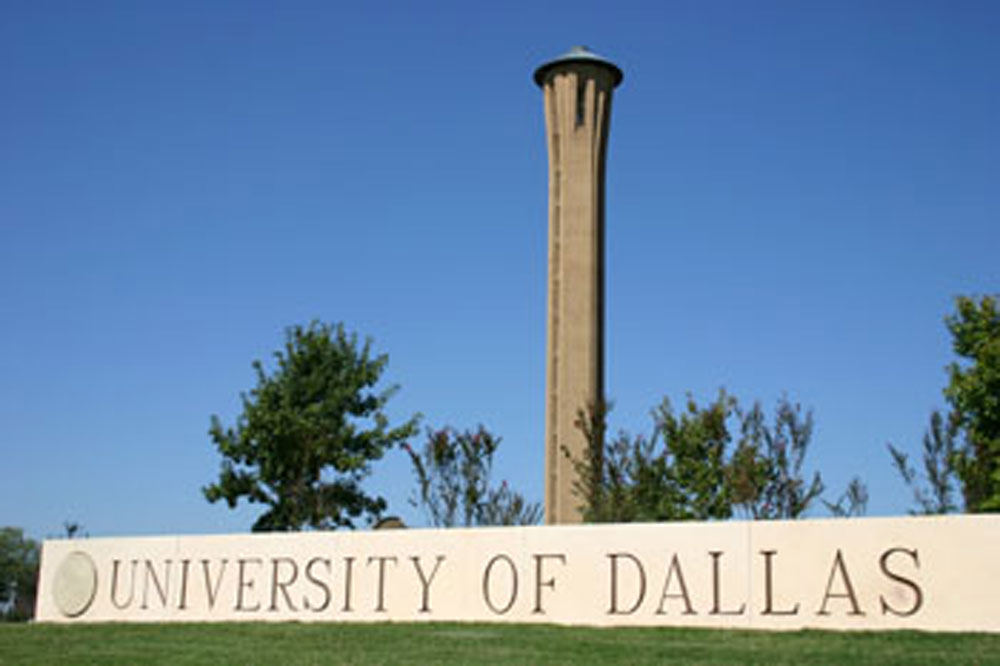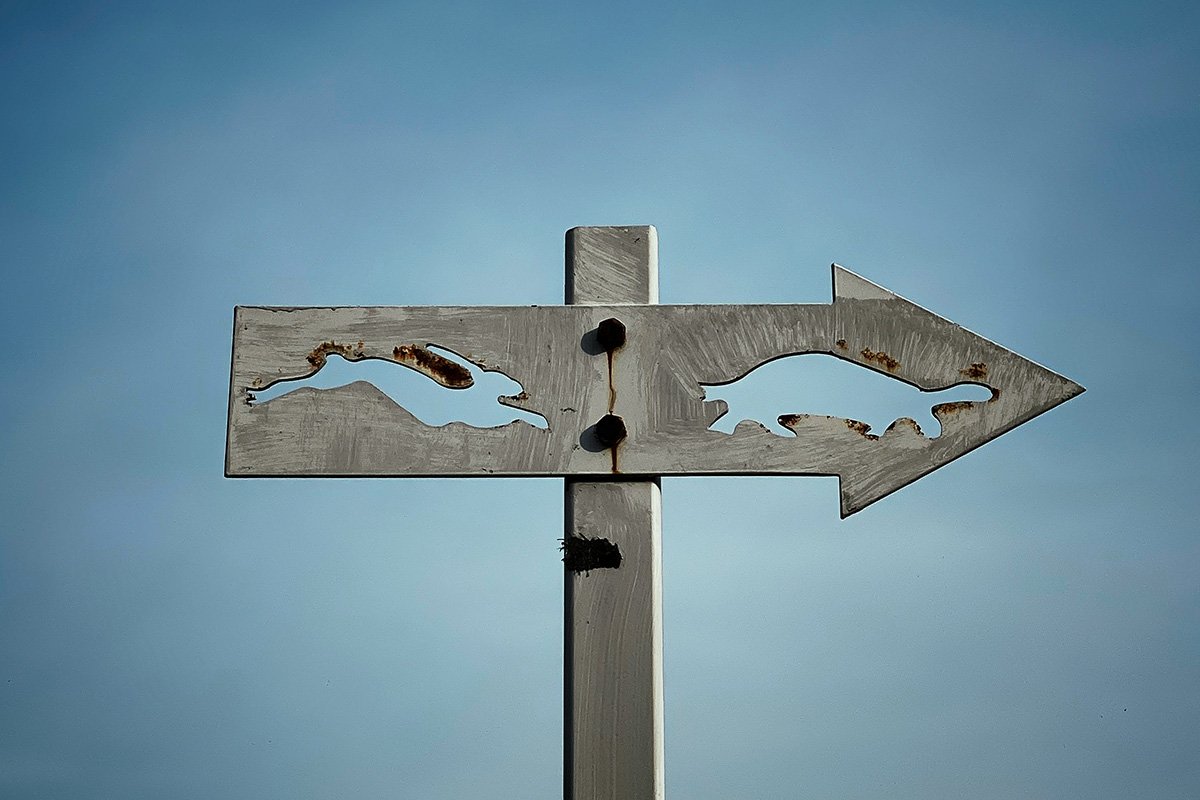
December 7, 2020; Inside Higher Ed
Why is it that some things just make people uncomfortable? If things remain unsaid or are not openly addressed, then can we assume that they are OK and not in need of attention? And if touchy issues are raised and we set them aside or say that they are not really relevant, will that resolve the issue and make things less divisive? At University of Dallas, a student proposal to establish a club called Student Leaders for Racial Justice is now in the process of being revised. It was tabled twice by the University of Dallas Student Government after faculty and other students at the conservative Catholic school raised concerns that discussions of race would be divisive.
It is helpful to put all of this in the context of just who the student body is at University of Dallas. According to data from the Department of Education, just two percent of the undergraduates are Black, 24 percent are Latinx, seven percent are Asian, and 59 percent are white. It would be unlikely if this request for a club came from growing unrest and anger from students of color. In their original proposal, the students said the club would be open to all Dallas students and would focus on goals that included increasing “awareness of, and appreciation for, students of color and their issues, histories, and cultures among the student body,” creating “a safe zone for all cultures that offers a welcoming, inclusive community and provides the opportunity to learn about the Black experience in America, as well as other minority experiences,” and providing “a collegial community on campus which will help students acquire a mature understanding of the nuanced racial and social issues arising in our problematic and ever-changing world.”
It was these goals that seemed to raise a red flag for other student leaders and faculty. Why would a club need to offer a “safe zone” for all cultures? Does that mean that University of Dallas is not safe and welcoming to all students? Others within the student government sided with those asking for the club. They felt it would be a vote for greater inclusivity. But the faculty seemed to be even more divided.
Faculty questioned the need for such a club, with 13 of them signing on to a letter suggesting that it could divide the campus:
It is essential to our mission at the University of Dallas to recognize every human person as “spiritual and physical, rational and free” and to avoid as much as possible the categorization of persons by means of reductive, often politically charged categories like “race,” “people of color,” “black,” “white,” and the like. The formation of such a club, however well-intentioned, would import from the highly divisive world of social media the sort of terminology that is likely to polarize our conversations on social justice.
One of the 13 professors, in a separate letter to the student government, suggested this club would single out some students for special treatment and would divide them from others, imposing on them the burden of being the representatives for their race.
Other faculty have expressed support for the club. William Cody, an associate professor and chair of the biology department, says, “I can’t speak towards the concerns from the faculty that made statements, but I think the majority of faculty welcome open dialogue and discussion on campus on pretty much any topic and I think the university has always been a welcoming place for dialogue, even if it makes people uncomfortable.”
Student organizers of the club were disappointed by the opposition coming from faculty. Prince Obegolu, a junior and leader in the proposed club, stated, “We’re not out to create any sort of division; we’re actually here to unite the campus through discussions. I feel like a lot of the misunderstanding comes from the lack of talking about the issues, actually listening to how we feel as minorities that are underrepresented on campus or feel isolated.”
Sign up for our free newsletters
Subscribe to NPQ's newsletters to have our top stories delivered directly to your inbox.
By signing up, you agree to our privacy policy and terms of use, and to receive messages from NPQ and our partners.
The reasons for starting this club are not frivolous on the part of the Dallas students. Joshua Nunn, the club’s would-be president, feels that there is much student support for moving forward. (Seventy-eight students have signed up to join.) The idea came into play after the killing of George Floyd, amid the calls for racial justice and a survey of Dallas students and alumni. The survey found that students of color did not feel like they fit in on campus as white students did. Four hundred forty-eight undergraduates responded, with 30.4 percent of Asian students, 21.9 percent of Black students, and 34.3 percent of Latinx students indicating that they had personally experienced discrimination on campus.
“That is ultimately a debunker of a lot of the things they said against our club,” Nunn says. “We have evidence that this actually is a problem at our school and we need to do something about it.”
Clearly, the university is concerned. They find themselves in a difficult place for a Catholic institution that proudly proclaims on its website its high rank among colleges of having some of the “most religious” and “most conservative” students. The provost of the university, Jonathan J. Sanford, wrote to faculty and students that more work needed to be done on this proposal:
There is nothing in our Catholic intellectual tradition to suggest that taking on serious and focused conversations regarding race, ethnicity and related issues is prima facie problematic. To the contrary, Catholic social teaching recognizes that we all are, in virtue of our very humanity, children of God, and our life’s purpose is to grow more deeply into the divine family. That divine origin is prior to our many differences, and ought to inspire us to eternal unity.
[…]
There are also problematic ways one can undertake an examination of issues that touch on race and ethnicity. In general, those spring from failing to recognize the ways in which we are each images of God, and they neither begin nor end in unity. On both sides of the issues, language can become weaponized and divisive. Accusations can fly from all directions. Attempts to silence one voice or another can become dominant. Force, rather than a cultivation of the art of persuasion, can rule on either side of controversial issues.
It remains to be seen whether this club will be approved in the coming semester on the campus of University of Dallas. What is clear is that the debate has opened the eyes of students and faculty to the realities of life on campus.
Nunn and other student leaders of color are willing to make compromises in their proposal to gain the recognition they need for approval. “I don’t think we were taken at our merits for what we said we wanted to do,” Nunn says. “I think a lot of people feared what would happen when this club would come about, so much so that they didn’t want to give us a chance.” Some difficult lessons may have been learned. The question is, were the right lessons learned by the right people?—Carole Levine











